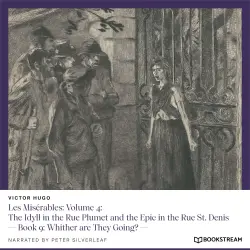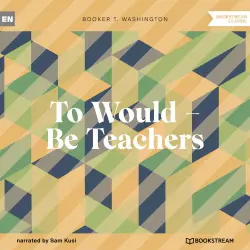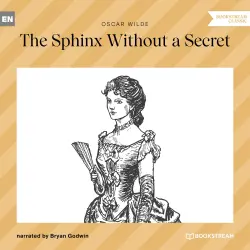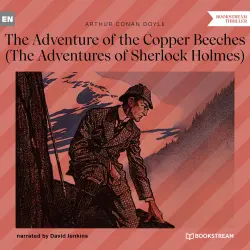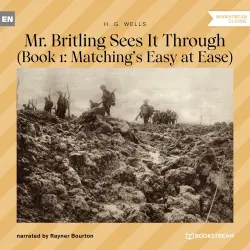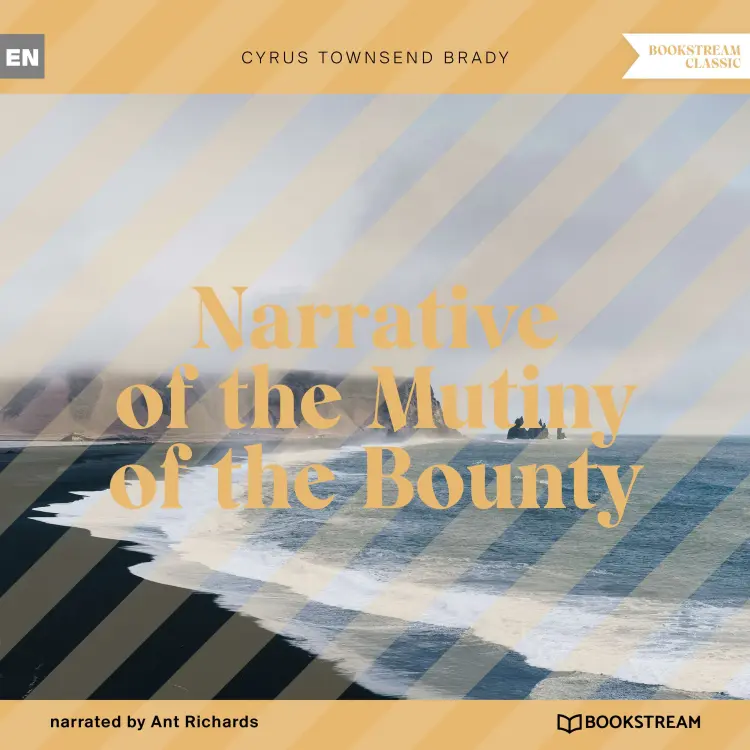
Narrative of the Mutiny of the Bounty
Cyrus Townsend Brady
Discover the true story of the Mutiny of the Bounty and the introduction of the bread-fruit tree. A fascinating biography of Nicholas Biddle.
Unabridged
10 minutes
Note: Costs may be incurred for playing the audio books or audio plays on the respective platforms, e.g. Spotify. Lismio has no influence on which audiobooks and audio plays are available on the service.
Some articles contain affiliate links (marked with an asterisk *). If you click on these links and purchase products, we will receive a small commission at no extra cost to you. Your support helps to keep this site running and to continue creating useful content. Thank you for your support!
From the publisher
Brady was born in Allegheny, Pennsylvania, and graduated from the U.S. Naval Academy in 1883. In 1889, he was ordained a deacon in the Episcopal church, and was ordained a priest in 1890. His first wife was Clarissa Guthrie, who died in 1890. His second wife was Mary Barrett. Brady's first major book, For Love of Country, whilst telling the story of a fictitious John Seymour, was actually based in part on the true heroics of Nicholas Biddle, one of the first five captains of the fledgling Continental Navy. Brady was also famous for his views of feminism and Women's suffrage, he preached many anti-suffrage sermons and described women voters as "an insult to God". In 1914 Brady began working as a screenwriter at Vitagraph Company of America.
NARRATIVE OF THE MUTINY OF THE BOUNTY: About the year 1786, the merchants and planters interested in the West India Islands became anxious to introduce an exceedingly valuable plant, the bread-fruit tree, into these possessions, and as this could best be done by a government expedition, a request was preferred to the crown accordingly.
NARRATIVE OF THE MUTINY OF THE BOUNTY: About the year 1786, the merchants and planters interested in the West India Islands became anxious to introduce an exceedingly valuable plant, the bread-fruit tree, into these possessions, and as this could best be done by a government expedition, a request was preferred to the crown accordingly.
Preview



